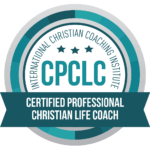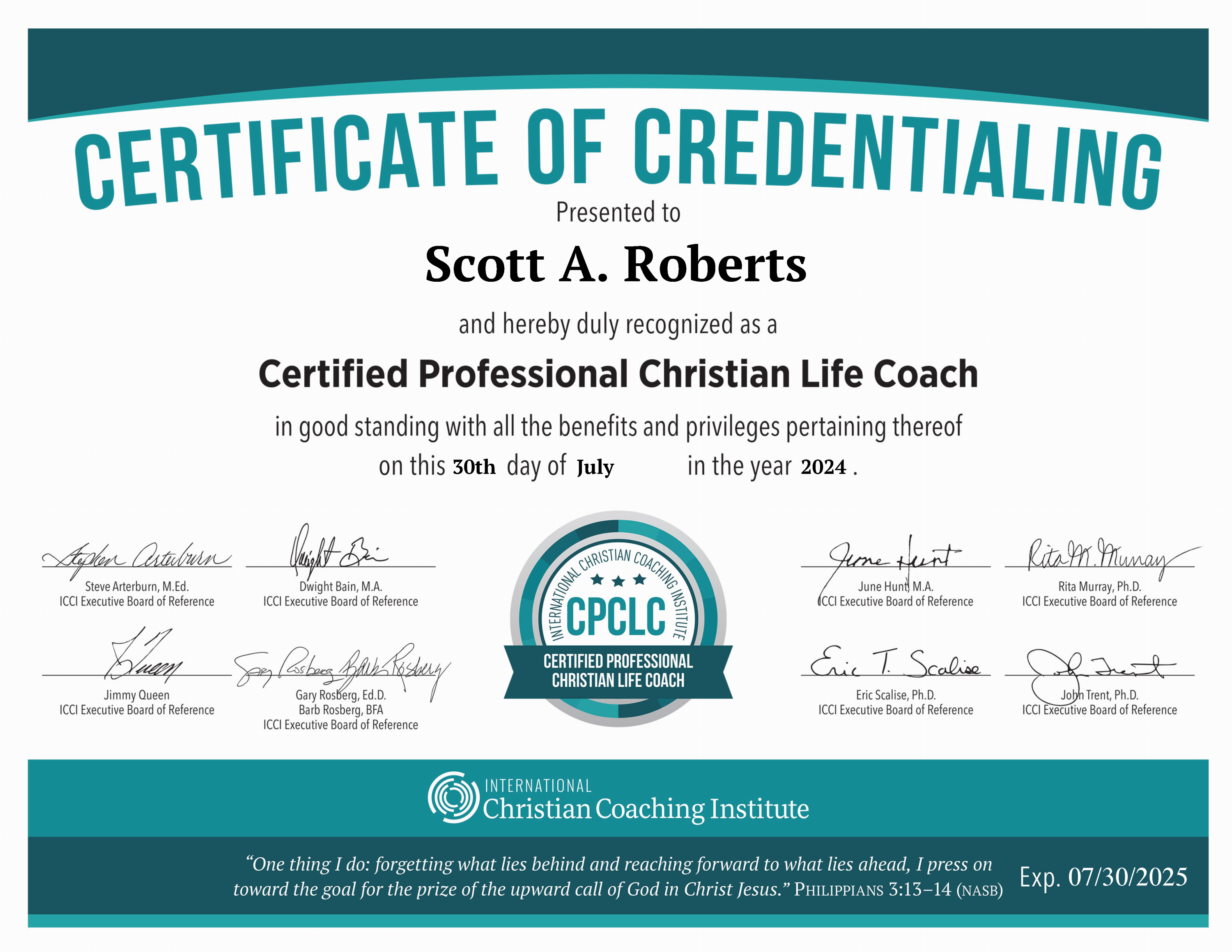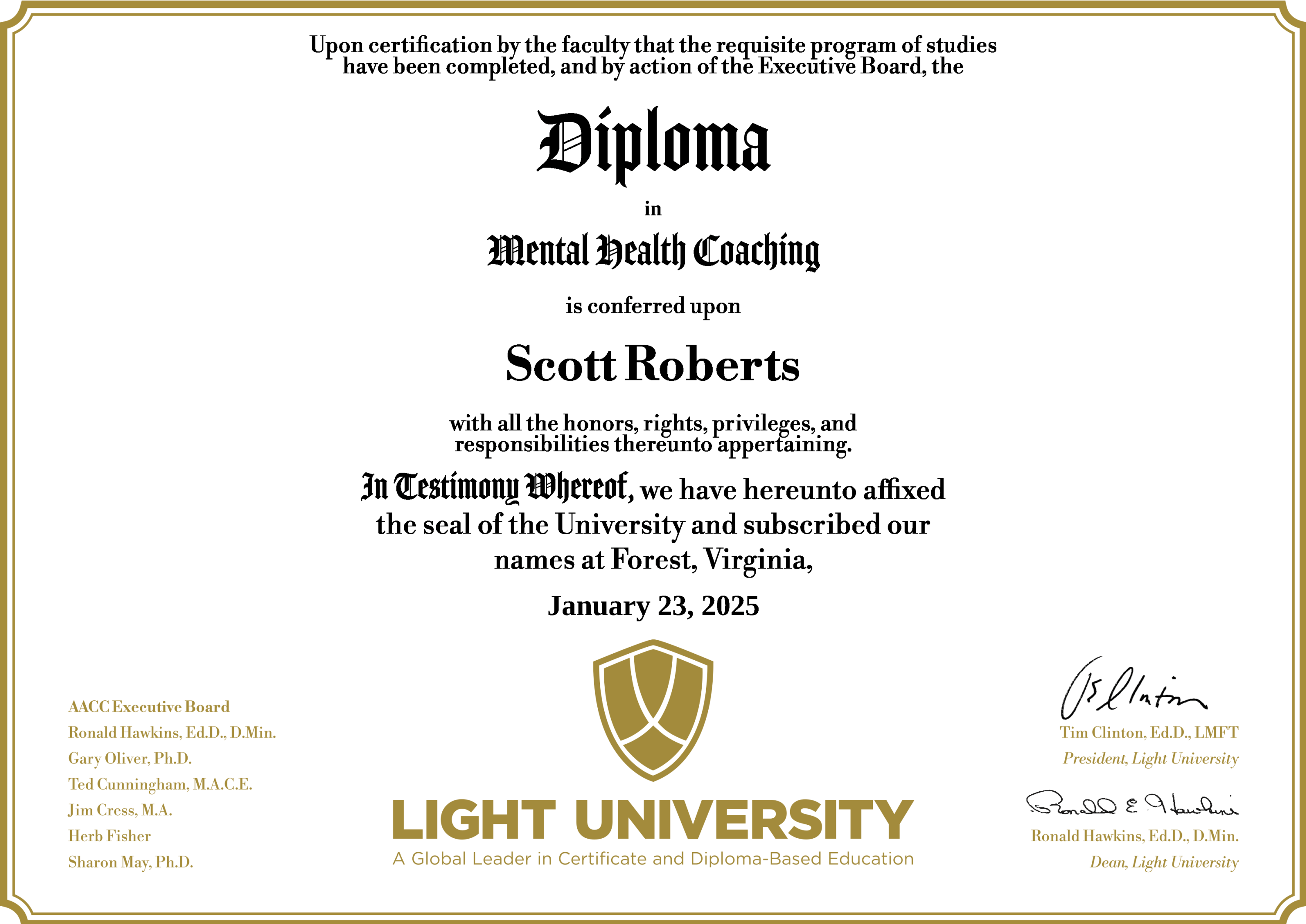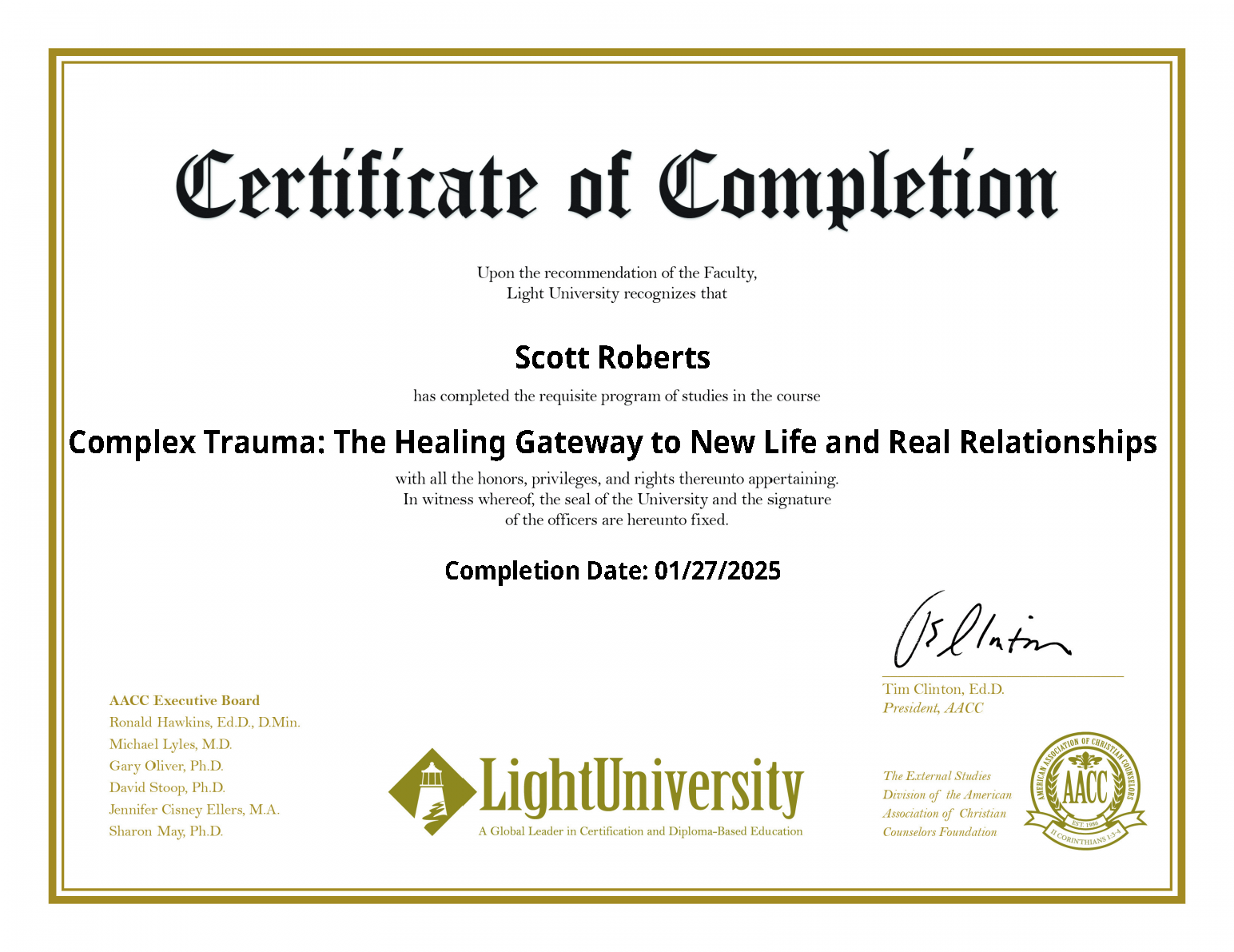
It's Tuesday, September 30, 2025. Are you feeling energized and ready to tackle the rest of the week, or are you dragging, relying on that third cup of coffee just to get through the day? If you're in the latter camp, it's time to address a critical aspect of your well-being: your sleep. This week's tweak is simple, yet profoundly impactful: Prioritize Sleep – Aim for 7-9 hours to enhance focus and mood.
In our increasingly demanding world, sleep often takes a backseat to work, social commitments, and endless to-do lists. But what if prioritizing sleep could actually boost your productivity and happiness? Let's dive into why those 7-9 hours are so crucial and how you can make them a reality.
1. The Importance of Prioritizing Sleep
Sleep isn't just downtime; it's a fundamental pillar of your overall health. Skimping on sleep is like trying to run a marathon on an empty tank – you might make it a little way, but you'll quickly burn out.
- Health Benefits: Adequate sleep is essential for physical health. It's when your body repairs tissues, strengthens your immune system, and regulates hormones. A well-rested immune system is better equipped to fight off infections, which is especially important as we head into the fall and winter months. Furthermore, sleep plays a key role in weight management. Sleep deprivation can disrupt hormones like leptin and ghrelin, leading to increased appetite and potential weight gain.
- Cognitive Function: Sleep is the brain's time to consolidate memories, process information, and clear out waste. Think of it as the brain's nightly cleaning service. When you're well-rested, your cognitive abilities soar. You'll experience improved memory, enhanced problem-solving skills, and sharper decision-making. According to recent neuroscience research, the brain uses the glymphatic system during sleep to clear out waste products and toxins that accumulate during waking hours, leading to improved mental clarity (28).
2. Recommended Sleep Duration: Finding Your Sweet Spot
The general recommendation for adults is 7-9 hours of sleep per night. This range supports optimal functioning for most people. However, remember that this is a guideline, not a rigid rule.
- 7-9 Hours: This duration is supported by extensive research that links it to improved cognitive function, emotional regulation, and physical health (2). The American Academy of Sleep Medicine and sleep research community have established this range as optimal (2).
- Individual Needs: Sleep needs can vary based on age, genetics, lifestyle, and health conditions. An athlete in intense training might need more sleep than someone with a sedentary lifestyle. Similarly, older adults may find that their sleep patterns change, and they naturally require slightly less sleep (15). Listen to your body and adjust accordingly.
3. The Effects of Sleep Deprivation: A Cascade of Negatives
Consistently missing out on sleep has serious consequences, impacting your mood, productivity, and overall well-being.
- Impact on Mood: Lack of sleep can lead to irritability, anxiety, and mood swings. Remember that feeling of being on edge after a restless night? That's your brain struggling to regulate emotions without sufficient rest. A comprehensive analysis by the American Psychological Association reveals that sleep loss results in fewer positive emotions and increased anxiety symptoms (17).
- Decreased Productivity: Insufficient sleep impairs focus, creativity, and overall productivity. You might find yourself struggling to concentrate, making more mistakes, and feeling less motivated. Studies show that sleep-deprived individuals struggle with sustained attention tasks, making it difficult to maintain concentration during meetings and complex problem-solving (2).
4. Creating a Sleep-Friendly Environment: Your Sanctuary of Slumber
Your bedroom should be a haven for rest, not a source of stress. Optimizing your sleep environment is key to achieving restful sleep.
- Comfortable Sleep Space: Invest in a comfortable mattress, pillows, and bedding. Ensure your room is dark, quiet, and cool. The Sleep Foundation recommends maintaining bedroom temperatures between 60-67 degrees Fahrenheit (15.6-19.4 degrees Celsius) for optimal sleep quality (10, 14).
- Technology Management: Reduce screen time before bed. The blue light emitted from electronic devices can disrupt your sleep patterns by suppressing melatonin production (34). Try to power down at least an hour before bedtime.
5. Establishing a Consistent Sleep Schedule: Training Your Body Clock
Consistency is key when it comes to getting a good night's sleep. A regular sleep schedule helps regulate your body's internal clock, making it easier to fall asleep and wake up naturally.
- Regular Sleep Routine: Go to bed and wake up at the same time every day, even on weekends. This helps regulate your circadian rhythm.
- Wind-Down Rituals: Create a calming pre-sleep routine that signals to your body that it's time to relax. This could include taking a warm bath, reading a book, or listening to soothing music.
6. Mindfulness and Relaxation Techniques: Calming the Mind
A racing mind can be a significant obstacle to getting a good night's sleep. Incorporating mindfulness and relaxation techniques into your evening routine can help you unwind and prepare for sleep.
- Meditation and Deep Breathing: Practice mindfulness meditation or deep breathing exercises to calm your mind and reduce stress. Studies show that mindfulness practices help individuals develop greater awareness of thoughts and sensations without becoming psychologically entangled in them, reducing the cognitive and emotional activation that often interferes with sleep onset (20).
- Gentle Yoga or Stretching: Incorporate light physical activity to release tension and promote relaxation before bedtime.
7. Tracking Sleep Patterns: Understanding Your Sleep Habits
Tracking your sleep can provide valuable insights into your sleep habits and help you identify areas for improvement.
- Sleep Journals: Keep a sleep journal to track your sleep habits, noting how you feel upon waking and throughout the day.
- Sleep Apps: Consider using apps that monitor sleep quality and provide insights into your sleep patterns. But be mindful of "orthosomnia," where you become overly obsessed with achieving perfect sleep metrics (3). Focus on trends and overall well-being rather than striving for perfection.
8. Celebrate the Benefits of Good Sleep: Recognizing the Rewards
As you start prioritizing sleep, take note of the positive changes you experience.
- Recognizing Improvements: Pay attention to how you feel when you're well-rested. Notice the increased energy, better mood, and enhanced focus.
- Encouragement to Maintain Habits: Motivate yourself to stick with your sleep routine by celebrating your commitment to better health.
Conclusion: Reclaim Your Rest, Reclaim Your Life
Prioritizing sleep is an investment in your overall well-being and productivity. By aiming for 7-9 hours of restful sleep each night, you can enhance your focus, improve your mood, and boost your overall quality of life.
Ready to take control of your sleep? Start implementing these strategies today! Reflect on your current sleep habits. What adjustments can you make to prioritize sleep? Share your thoughts and experiences in the comments below. Let's make better sleep a collective goal!
Sources and References
[1]https://media.market.us/sleeping-statistics/
[2]https://www.hult.edu/blog/how-sleep-deprivation-affects-work-and-performance/
[3]https://globalwellnessinstitute.org/global-wellness-institute-blog/2025/04/02/sleep-initiative-trends-for-2025/
[4]https://www.sleepfoundation.org/sleep-hygiene/good-sleep-and-job-performance
[5]https://www.singlecare.com/blog/news/sleep-statistics/
[6]https://www.frontiersin.org/journals/psychology/articles/10.3389/fpsyg.2020.00045/full
[7]https://www.thensf.org/sleep-in-america-polls/
[8]https://sleep.hms.harvard.edu/education-training/public-education/sleep-and-health-education-program/sleep-health-education-95
[9]https://www.drcraigbest.com/blog/the-ultimate-guide-to-sleep-hygiene-science-backed-tips-for-better-sleep/
[10]https://www.sleepfoundation.org/bedroom-environment
[11]https://www.healthline.com/health/sleep-hygiene
[12]https://www.sleep.ai/blog/light-temperature-and-a-good-nights-sleep/
[13]https://www.sleepfoundation.org/sleep-hygiene
[14]https://www.thensf.org/how-to-make-a-sleep-friendly-bedroom/
[15]https://www.brownhealth.org/be-well/sleep-hygiene-and-how-sleep-better
[16]https://pmc.ncbi.nlm.nih.gov/articles/PMC8747801/
[17]https://www.apa.org/news/press/releases/2023/12/sleep-deprivation-anxious
[18]https://pmc.ncbi.nlm.nih.gov/articles/PMC6557693/
[19]https://pmc.ncbi.nlm.nih.gov/articles/PMC3900610/
[20]https://jamanetwork.com/journals/jamainternalmedicine/fullarticle/2110998
[21]https://pmc.ncbi.nlm.nih.gov/articles/PMC4318605/
[22]https://pmc.ncbi.nlm.nih.gov/articles/PMC8653783/
[23]https://www.columbiapsychiatry.org/news/how-sleep-deprivation-affects-your-mental-health
[24]https://www.health.harvard.edu/blog/mindfulness-meditation-helps-fight-insomnia-improves-sleep-201502187726
[25]https://pmc.ncbi.nlm.nih.gov/articles/PMC3980112/
[26]https://trial.medpath.com/news/f9296b424dade871/poor-sleep-quality-significantly-impacts-workplace-productivity-new-research-reveals
[27]https://case.edu/news/zzzs-memories-how-sleep-habits-shape-cognitive-function
[28]https://medicine.utah.edu/neurology/news/2023/06/why-at-least-seven-hours-of-sleep-is-essential
[29]https://comprehensivesleepcare.com/2025/01/17/power-of-sleep-boost-workplace-health-happiness-productivity/
[30]https://www.heart.org/en/healthy-living/healthy-lifestyle/sleep/sleep-your-way-to-a-smarter-brain
[31]https://www.rituals.com/en-us/mag-sleep-masterclass-day-5-sleep-expert-ready-bed.html
[32]https://www.ebsco.com/research-starters/health-and-medicine/effects-blue-light-technology
[33]https://www.sleepstation.org.uk/articles/sleep-tips/wind-down-routine/
[34]https://www.sleepfoundation.org/bedroom-environment/blue-light
[35]https://www.sustainableblissco.com/journal/ideal-night-routine
[36]https://www.thensf.org/screen-use-disrupts-precious-sleep-time/
[37]https://www.hatch.co/blog/create-a-sleep-routine-that-works-for-you
[38]https://pmc.ncbi.nlm.nih.gov/articles/PMC9424753/












 Introducing Scott, a Certified Professional Christian Life Coach (CPCLC) and a passionate advocate for life optimization. With his certification, Scott brings a wealth of knowledge and expertise to his role as a guide, helping individuals unlock their fullest potential by applying transformative, faith-based principles.
Introducing Scott, a Certified Professional Christian Life Coach (CPCLC) and a passionate advocate for life optimization. With his certification, Scott brings a wealth of knowledge and expertise to his role as a guide, helping individuals unlock their fullest potential by applying transformative, faith-based principles.




0 Comments